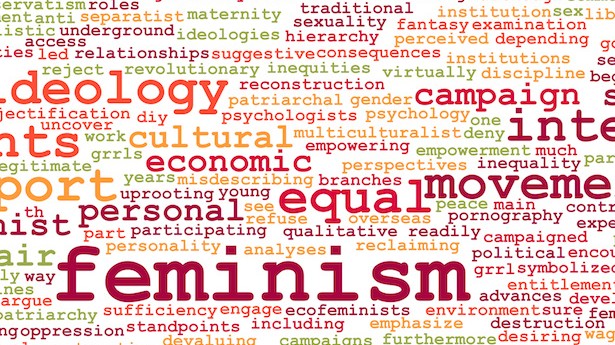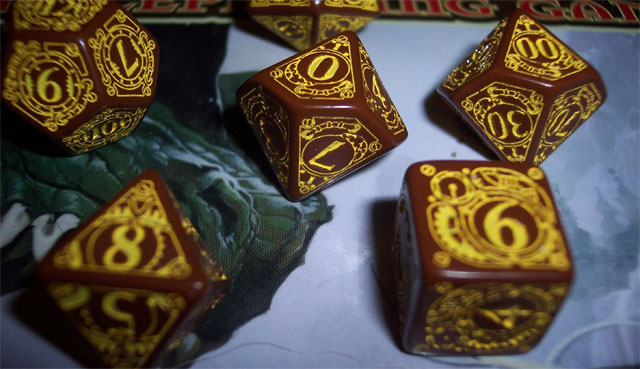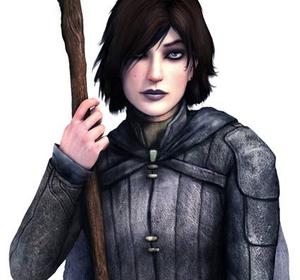I’ve mentioned before that my mother started gaming in her 70s (sorry mom) in order to play games with my daughter and I thought that this was the coolest thing ever. This Christmas I gifted her with some appropriate gaming accessories for her 3DS (because she’s not that much of a gamer yet) and a brand spanking new copy of Animal Crossing: New Leaf, a game that she and Pea can play even when Nana is back home.
I have to admit that there was a secondary purpose to gifting her Animal Crossing: New Leaf (AC:NL). AC:NL has text chat and having them play the game online means that Pea will have to practice her spelling skills in an environment that is free both from predators and the kinds of people who would tease an 8 year old for their less than stellar spelling. We have other games that we already use for this purpose offline (at least I do) and that would be all of the iterations of Scribblenauts. In Scribblenauts even if you misspell the word it offers you 3 options of what it thinks you might be trying to spell and then the player has to read through the list and choose which one is the one they originally wanted to use (pure genius).
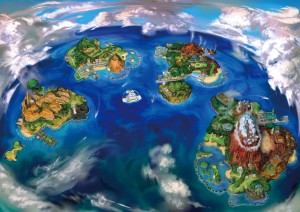 But back to Animal Crossing. Gaming in my house has been almost solely AC:NL since Christmas. I even got pulled in for a short while and was forced to put Pokemon: Moon aside. It’s been amazing to watch Pea teach my mother how to play this game because I learned something interesting. She is teaching my mother to play the game the way that she learned to play. She is gifting her with the basics that she needs to get started. A few cute (but expensive) outfits, necessary tools, and of course, furniture were the first things gifted and then Pea started to teach her how to earn money in the game. She has taken her grandmother out fruit picking in both of their towns, introduced her to the island life and the island challenges and now there is even talk of fishing.
But back to Animal Crossing. Gaming in my house has been almost solely AC:NL since Christmas. I even got pulled in for a short while and was forced to put Pokemon: Moon aside. It’s been amazing to watch Pea teach my mother how to play this game because I learned something interesting. She is teaching my mother to play the game the way that she learned to play. She is gifting her with the basics that she needs to get started. A few cute (but expensive) outfits, necessary tools, and of course, furniture were the first things gifted and then Pea started to teach her how to earn money in the game. She has taken her grandmother out fruit picking in both of their towns, introduced her to the island life and the island challenges and now there is even talk of fishing.
Interestingly enough something else has come out of these play sessions. Or maybe it’s two things under one umbrella. Identity. My mother has never taken a shine to spending money on frivolous things.
Digressio: Thus, my obsession with spending obscene amounts of money on school supplies and fancy shoes for my kid. Not because I didn’t have school supplies and shoes, but because I lost school supplies instantly and I had to wear orthopedic shoes (which in the 1970s meant saddle shoe style was as fancy as you got).
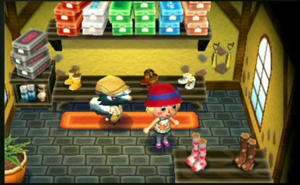 And that frugality has carried over into the virtual world. I hear cries of “Just buy the shoes, Nana!” followed by Nana’s explanation of why she thinks it’s ridiculous to spend 400 bells on a pair of shoes that the game won’t let her walk around in to try out (that has been my favorite one so far). But in the end, they are working on it. They are both learning and laughing together and that’s the point.
And that frugality has carried over into the virtual world. I hear cries of “Just buy the shoes, Nana!” followed by Nana’s explanation of why she thinks it’s ridiculous to spend 400 bells on a pair of shoes that the game won’t let her walk around in to try out (that has been my favorite one so far). But in the end, they are working on it. They are both learning and laughing together and that’s the point.
But it’s not all coffee and cosmos (the AC:NL equivalent to wine and roses) in their respective towns. Pea has grown up gaming and has had an educational experience that is very game based. What does that mean? It means that we go into every situation expecting for there to be a certain amount of failure. In our house we have always looked at failure in a way similar to Jesper Juul who writes in The Art of Failure
Though we may dislike failure as such, failure is an integral element of the overall experience of playing a game, a motivator, something that helps us reconsider our strategies and see the strategic depth in a game, a clear proof that we have improved when we finally overcome it. Failure brings about something positive, but it is always potentially painful or at least unpleasant. This is the double nature of games, their quality as “pleasure spiked with pain.”
Failure is the means to an end. It is not the end itself. We fail on our way to success. It gives us something to work toward and it’s a big part of the fun itself. I can’t even begin to count the number of times we have fallen into apoplectic fits of laughter after repeatedly breaking in a Lego game or failing a level in Overcooked for the 10th time. Laugh, strategize, repeat. That’s how it goes. At least for me and Pea.

But this learning/fun through failure is something that it is difficult for folks unfamiliar with gaming to understand when they are playing a game, and my mother is no different. Rather than reading this as the marks of a new or different kind of gamer, Pea immediately read it as the mark of a non-gamer (and as such a non-Blackmon because all Blackmons are gamers). This brought on a fit of tears because she was afraid that this meant that Nana could not possibly fit in with us as a family because she did not have the same identity markers. I found this to be a most interesting thing. As a family built by transracial adoption we have always talked in terms of love and acceptance being what makes a family, not biology. But apparently part of that family identity also includes shared identity markers.
In Pea’s eyes, giving up when things got difficult made Nana not a “gamer”. Pea had, in essence, just called my mother a filthy casual and kicked her out of the family. What followed was a long talk about what it means to be a gamer and how there are many different types of gamers and that just because someone doesn’t game like we do doesn’t mean that they are not worthy of the moniker gamer.
In the end Pea and I have both come to understand that while Nana might never be the same kind of gamer that we are (and we’re even different kinds of gamers, but shhhh don’t tell Pea) that she is still a gamer and still very much a part of our family.
We may make it through the holidays yet.

